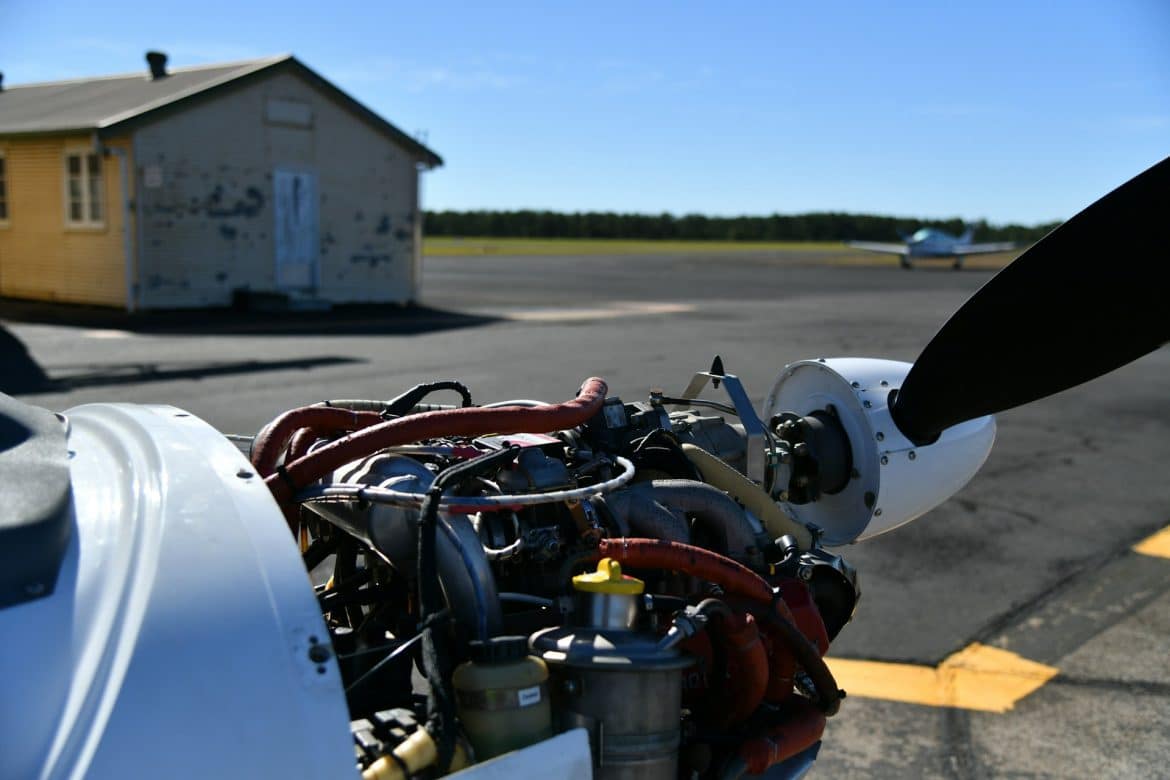Choosing trustworthy component vendors opens an interesting world of aviation where accuracy and dedication mix to create enduring relationships. Perfect assessment turns unprocessed procurement into strategic excellence, thereby driving flawless operations and improved safety. In an environment shaped by creativity and strict standards, wise decisions provide a road toward consistent performance and long-term success in aircraft maintenance and operational reliability.
Analysing Operational Excellence and Historical Reliability
Choosing a trustworthy partner mostly depends on assessing the performance of a supplier. Established businesses with a track record of consistent quality and quick delivery inspire confidence and justify their operational expertise. Industry awards, thorough performance records, and verifiable customer comments highlight prior achievements and possible obstacles. An extensive study of past data reveals tendencies suggesting constant dependability, therefore establishing a basis for confidence in the supplier’s dedication to safety and exceptional quality. Complete due attention in this field guarantees that every transaction shows a legacy of operational accuracy and responsibility.
Judging Product Diversity and Technological Adaptability
Strong markers of a supplier’s ability to satisfy changing industry needs include cutting-edge technological capacity and a large product line. Forward-looking vendors fund research and development to bring creative components that improve aircraft performance, safety, and fuel economy. A thorough inventory, including conventional components to sophisticated avionics, emphasizes flexibility and market awareness of trends. Comprehensive analyses of product catalogs expose suppliers’ capacity to acquire both historical components and current upgrades, therefore guaranteeing compatibility with many aircraft types and designs. Examining technological integration helps one choose partners that give evolution and ongoing improvement top priority in their products.
Knowing Distribution Networks and Logistic Efficiency
In the aviation industry, the dependability of component suppliers is mostly dependent on logistical skills and a good distribution network. Operational efficiency and downtime minimizing directly depend on a supplier’s capacity to keep fast delivery schedules and control worldwide distribution routes. Comprehensive assessments of logistics capacity draw attention to organized procedures guaranteeing flawless part delivery even in distant or highly demanded environments. Real-time tracking technologies and comprehensive planning help to underline the supplier’s dedication to dependability and accuracy in supply chain management, therefore ensuring that every component arrives on time and ready for instant integration.
Evaluating Systems of Regulatory Adherence and Quality Assurance
The integrity of an aviation parts supplier is defined by strict regulatory compliance and thorough quality assurance procedures. Operating under national regulatory agencies and international aviation standards, suppliers must make sure every component either meets or surpasses set safety and performance criteria. Detailed analyses of certification procedures, ISO standards conformance, and thorough audits underline the supplier’s dedication to quality. This constant commitment to regulatory compliance guarantees that every component follows the greatest degrees of dependability, therefore reducing risks and guaranteeing safe operation in important flying conditions.
Researching Warranty Structures and Post-Purchase Support
A thorough supplier analysis covers the quality of post-purchase assistance and warranty systems, therefore transcending the point of sale. Good support systems include technical help, fast replacement of parts, and a rapid service network covering any problems that develop during operational usage. For instance, if an issue arises with the aircraft’s engine or systems, using an aviation borescope can assist technicians in diagnosing problems efficiently. Explicit service agreements and thorough warranty policies show the supplier’s faith in product performance and lifetime. Examining support infrastructure closely exposes the strength of customer service channels, thereby guaranteeing that any operational interruptions are fixed with little disturbance and maximum efficiency.
Look at Financial Integrity
Critical markers of a supplier’s dependability and long-term profitability are cost transparency and strong financial standards. Open information about extra fees or service charges and clear, thorough pricing policies help to inspire consistent budgeting. Examining closely finances shows that a provider is dedicated to moral behavior and long-term stability. Clear cost structures guarantee that every transaction shows fair market value, therefore preventing hidden costs and unneeded levies. Assessments of financial integrity and responsibility offer vital information on the operational soundness of the supplier, therefore supporting consistent alliances in a cutthroat sector.
Growing Strategic Alliances and Partnership Sustainability
Long-term success in the aviation sector depends critically on strategic alliances and the encouragement of lasting partnerships. By means of combined innovation, shared best practices, and integrated operational strategies, suppliers who invest in developing deep, cooperative partnerships contribute value. Comprehensive analyses of partnership models expose a supplier’s inclination for long-term cooperation instead of one-time transactions. A dedication to mutual development and ongoing enhancement creates a strong support system that helps in every facet of aircraft operations and maintenance. Analyzing long-term partnership plans helps one understand the supplier’s potential for flexibility in a market that is always changing, as well as for sustained performance.
Conclusion
Selecting airplane parts vendors depends on thorough analyses of operating history, technical competency, logistics, regulatory compliance, post-purchase assistance, cost transparency, and strategic relationships. Emphasizing constant development and dependable alliances releases unrealized potential in aviation operations and propels long-term success and innovation constantly ahead.
Photo by Neo Oellermann-Dixon on Unsplash

